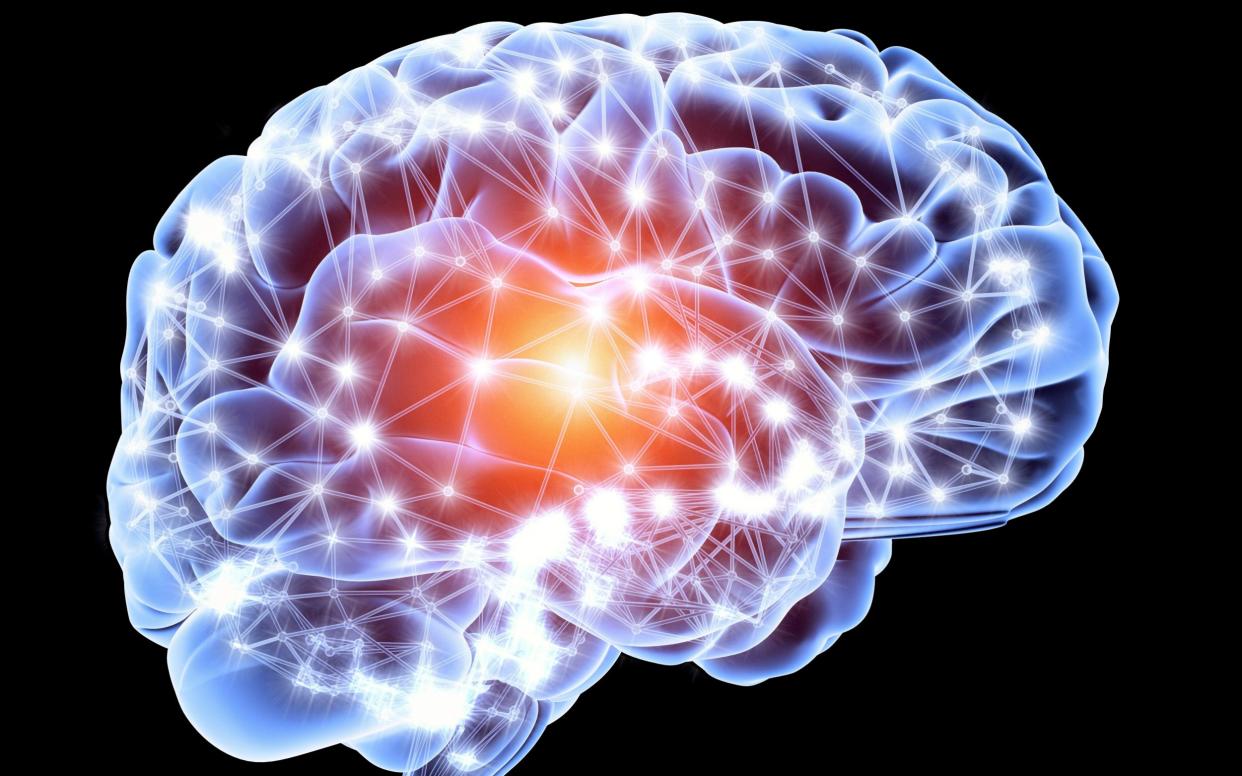Exercising for 30 minutes four times a week may delay brain deterioration in pre-Alzheimer's patients

Exercising for 30 minutes four times a week may delay brain deterioration in people likely to develop Alzhimer’s, scientists have shown.
Researchers from the University of Texas found that people who had an accumulation of amyloid beta protein in the brain - an early sign that Alzheimer's disease is on the way- experienced slower degeneration in a region of the brain crucial for memory if they exercised regularly for one year.
Scientists say the findings suggest that aerobic workouts can at least slow down the effects of the disease if intervention occurs in the early stages.
“What are you supposed to do if you have amyloid clumping together in the brain? Right now doctors can't prescribe anything,” said Dr Rong Zhang, who led the clinical trial.
“If these findings can be replicated in a larger trial, then maybe one day doctors will be telling high-risk patients to start an exercise plan. In fact, there's no harm in doing so now.”

Around 850,000 people in Britain suffer from dementia, and most have Alzheimer’s disease. Despite many trials scientists are yet to find a drug that can prevent, cure or delay the progression of the condition. But the new research suggests that exercise could help.
The team compared the mental function and brain volume of 70 participants ages 55 and older who were either sedentary or who exercised for at least half and hour, four to five times a week.
But brain imaging showed that people from the exercise group who had amyloid buildup experienced slightly less volume reduction in their hippocampus - a memory-related brain region that progressively deteriorates as dementia takes hold.
“Although the interventions didn't stop the hippocampus from getting smaller, even slowing down the rate of atrophy through exercise could be an exciting revelation,” added Dr Zhang.
The research was published in the Journal of Alzheimer’s Disease.

 Yahoo News
Yahoo News 
